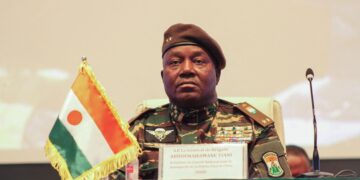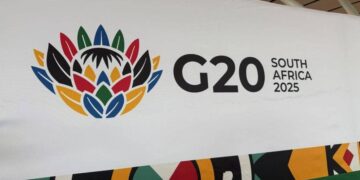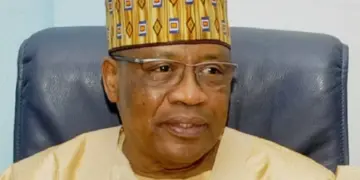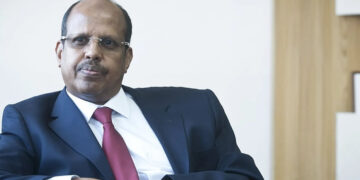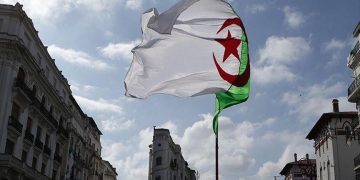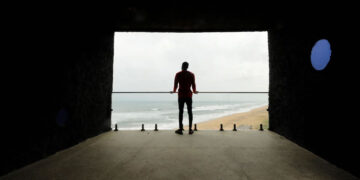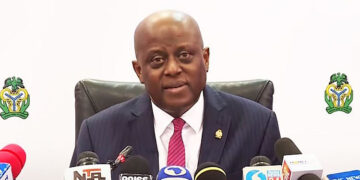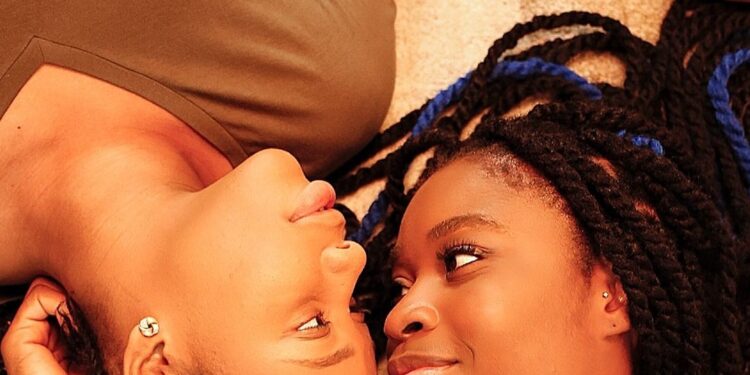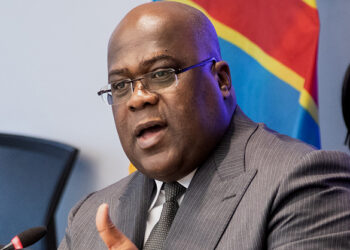In Nigeria, socio-economic and political issues form the main ingredients of public discussions, which are seasoned with sports and entertainment. Same-sex relationships topics hardly make it and when it does; it is met with hisses and contempt like the reviews of a terrible restaurant. But this view on same-sex relationships comes as no surprise as homophobia is institutionalized in Nigeria. Myriads of religious institutions in the country view same-sex relationships as immoral and “a sin”.
It is this warped view of homosexuality that two Nigerian filmmakers, producer Pamela Adie and director Uyaiedu Ikpe-Etim set out to correct by making the film “Ife” a love story of two women and the uncertainty surrounding their relationship. But this is at a risk, as the Nigerian Film and Video Censors Board (NFVCB) say it will not approve the film because it violates the country’s law on homosexuality, according to a BBC report.
In 2014, former President Goodluck Ebele Jonathan signed the Same-Sex Marriage (Prohibition) Act (SSMPA) which says anyone found guilty of same-sex marriage faces up to 14 years in prison. A poll conducted by The Initiative for Equal Rights (TIERs) via NOI Polls showed that 90% of Nigerians surveyed supported the SSMPA.
Bridging The Gap
“You rarely see stories about LGBT people, especially about queer women that speak to the realities of our lives,” the film’s producer, Adie told the BBC. “Ife was made to bridge the gap and to get the conversation going in Nigeria.”
Nollywood is no stranger to “lesbianism”, which when featured is associated with prostitution or waywardness thereby encouraging judgement from the viewers. And even outside of the screen, it is weaponised in the form of accusatory headlines that seek to malign some allegedly “immoral” Nollywood actresses. Speaking with the BBC, director Ikpe-Etim said: “Before now, we have been told one-sided stories. What we are doing with this film is normalising the queer experience, we are normalising the LGBT romance.”
Although a 2019 survey of attitudes in Nigeria showed an increase in acceptance of LGBTQ people, the reality for many queer people is still hopeless. Many queer people have taken on a motto of silence and secrecy often living in fear of exposure to attacks, rejection by some families or blackmail.
Chioma, a student in her early 20s, set out to meet with Blessing, a prospective lover she had met online and swapped nudes with. But, on her way, she was accosted on the road by a man in military uniform who accused her of “lesbianism”. The man told Chioma he was going to strip her naked and take her to the police, as instructed by Blessing’s father, a senior army official.
Speaking to the Thomson Reuters Foundation from Lagos, Chioma said: “I started begging him and asking him what he could do to help me because I didn’t want to go to prison.”
Instead, the man took her to a hotel where he raped her. And two months after the rape, the man threatened to post Chioma’s nudes online unless she paid 2 million Naira. Ikpe-Etim, who is an advocate for the LGBTQ community, hopes that the film “will begin to erase that shame that LBQ [lesbian, bisexual and queer] women face.”
The Perfect Time?
In the trailer for “Ife” which was released in July, the two protagonists, Ife and Adaora lay in bed talking about love and coming out as lesbians to their families.
“I told my mum first, took her about a week to come to terms with it,” Ife, played by Uzoamaka Aniunoh.
“Which is short for a Nigerian mother,” interjects Adaora, played by Cindy Amadi. Then she asked, “Is it too soon to say I might be in love with you?”
Ife raised her head and replied, “We are lesbians, this is the perfect time.”
Unfortunately, it isn’t the “perfect time” for the Nigerian Film and Video Censors Board (NFVCB) who have threatened to prosecute the filmmakers if the film is released. The executive director of the NFVCB, Adedayo Thomas told CNN that the board will not approve films that promote themes that don’t conform with the country’s “constitution, morals and traditions.”
“We are monitoring the progress of the movie, and if it goes against the law by promoting homosexuality, we will be forced at some point to go after the producer and executive producer,” he added.
Speaking to the BBC in a separate interview, Mr Thomas added: “There’s a standing law that prohibits homosexuality, either in practice or in a movie or even in a theatre or on stage. If it’s content from Nigeria, it has to be censored.”
To tackle this challenge, BBC reports that the producers of “Ife” are planning an online release via pay-on-demand. But the NFVCB is not yielding either. The NFVCB head said that whatever the platform was, “as long as it’s Nigerian content and it’s telling a Nigerian story, then we have a right to it”.
“If it did not pass through NFVCB and it is released, the filmmakers will be prosecuted according to the law,” Mr Thomas said. “As long as it’s Nigerian content, we will pull it down because we have collaborations with Google, YouTube and other key players.”
“Just regular people”
However, the report revealed that the filmmakers are planning a private screening in Lagos at the end of the month for which they feel they do not need the nod of the regulators to go ahead. BBC also added that the film is being billed for international premiere in Canada in October of this year.
“Ife” is not the first film with LGBTQ representation to get into trouble with the authorities in Africa. Out of the 54 states recognised by the United Nations or African Union or both, the International Gay and Lesbian Association stated in 2015 that homosexuality is outlawed in 34 African countries.
In April 2018, Rafiki was banned by Kenya’s Film and Classification Board (KFCB) because of its intent to “promote lesbianism,” in the East African nation. Although South Africa is the only country in Africa to have legalised same-sex marriage, Inxeba/The Wound, a South African film about a relationship between two men in the context of the Xhosa initiation ritual was banned from the nation’s mainstream cinemas in 2018. But the makers of “Ife” are undeterred. In a statement shared on Twitter, Ikpe-Etim said:
“I wanted to create something that would restore the dignity of LGBT+ people in Nigeria. Something they could be proud of. I wanted them to see themselves represented as regular humans who fall in love, who have their hearts broken, who break hearts, who love their families etc.
“Just regular people, who exist, who matter and who deserve to have their stories told. We are pretty much saying with this film, ‘we are queer, we are here and we are proud’”.








